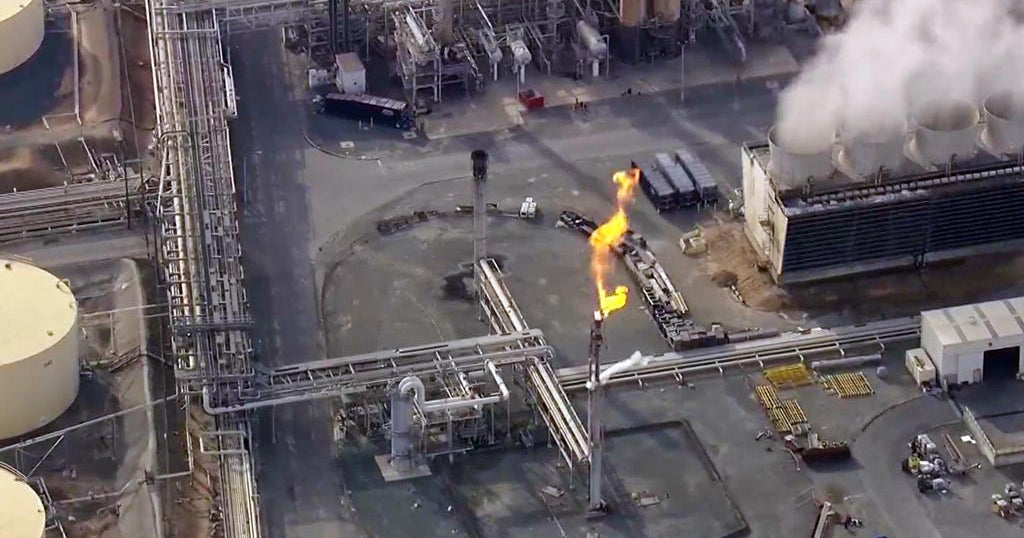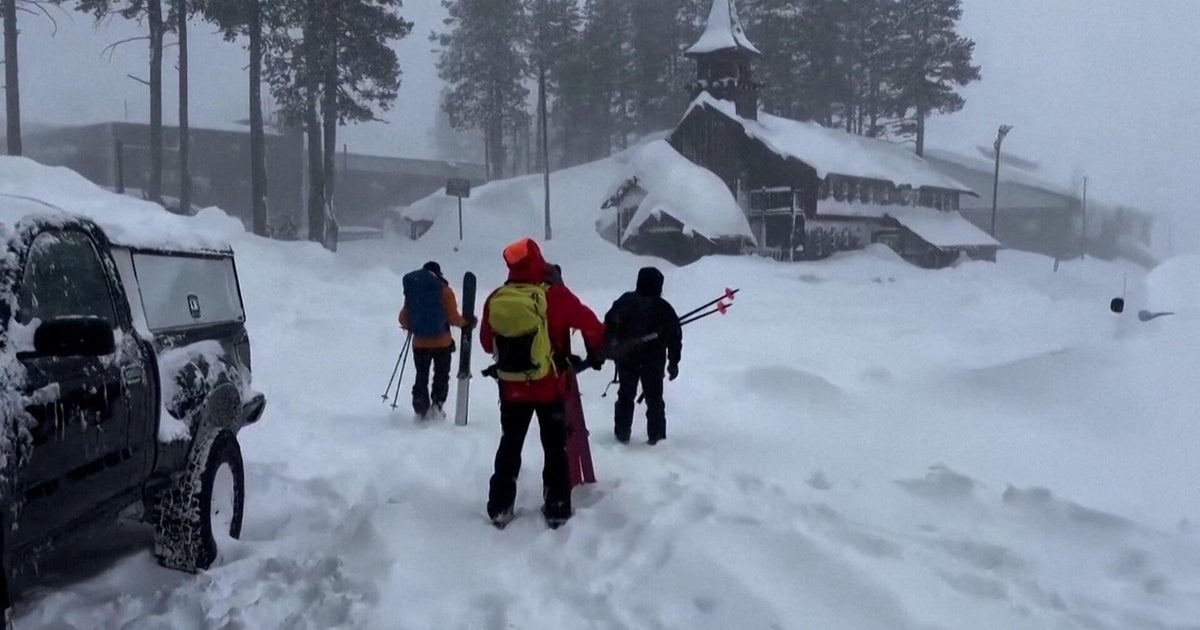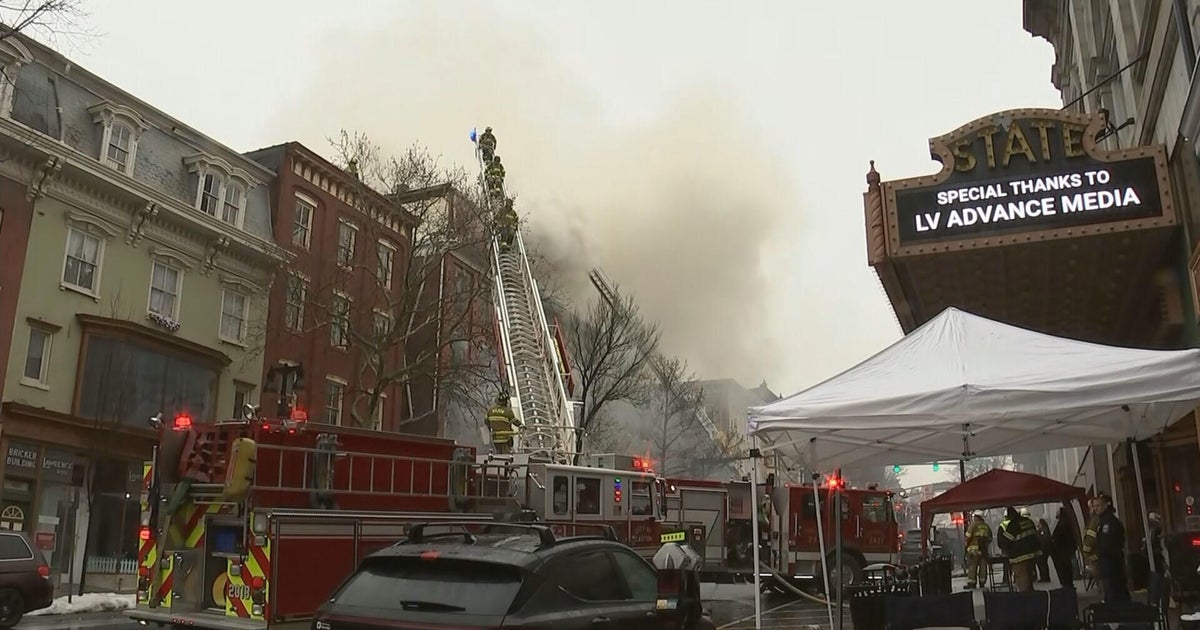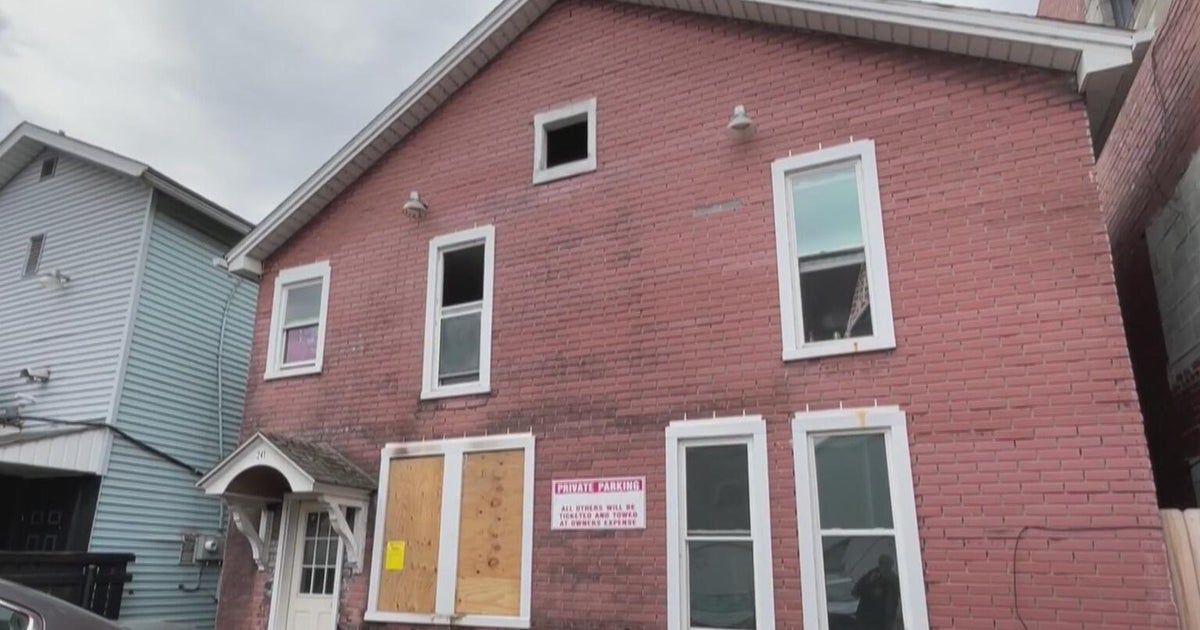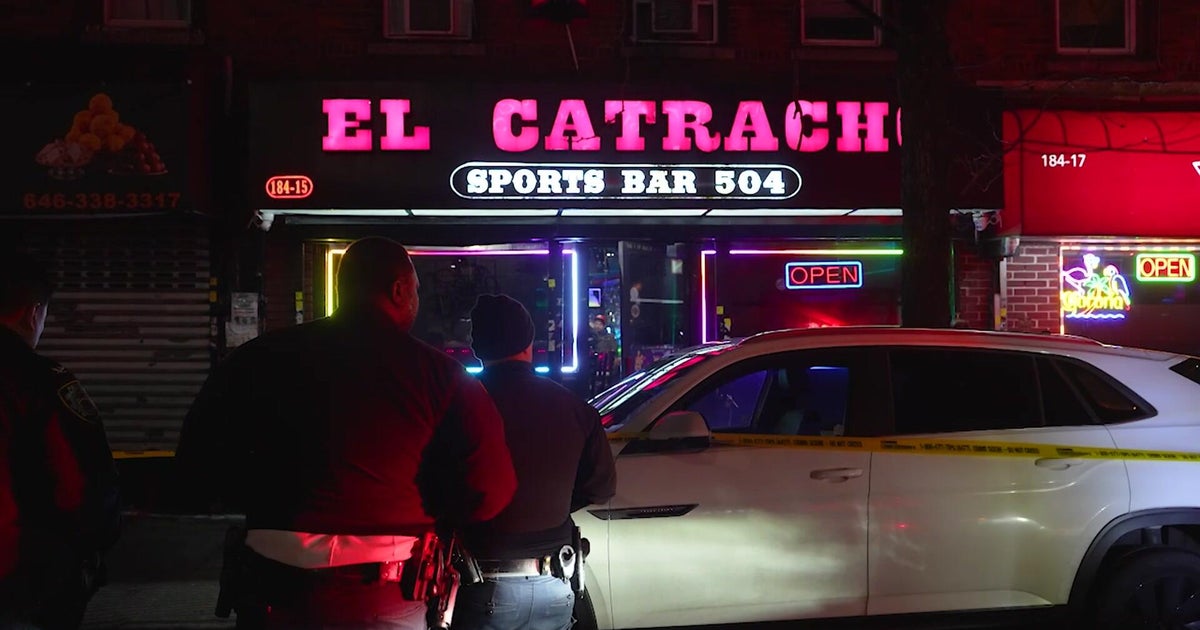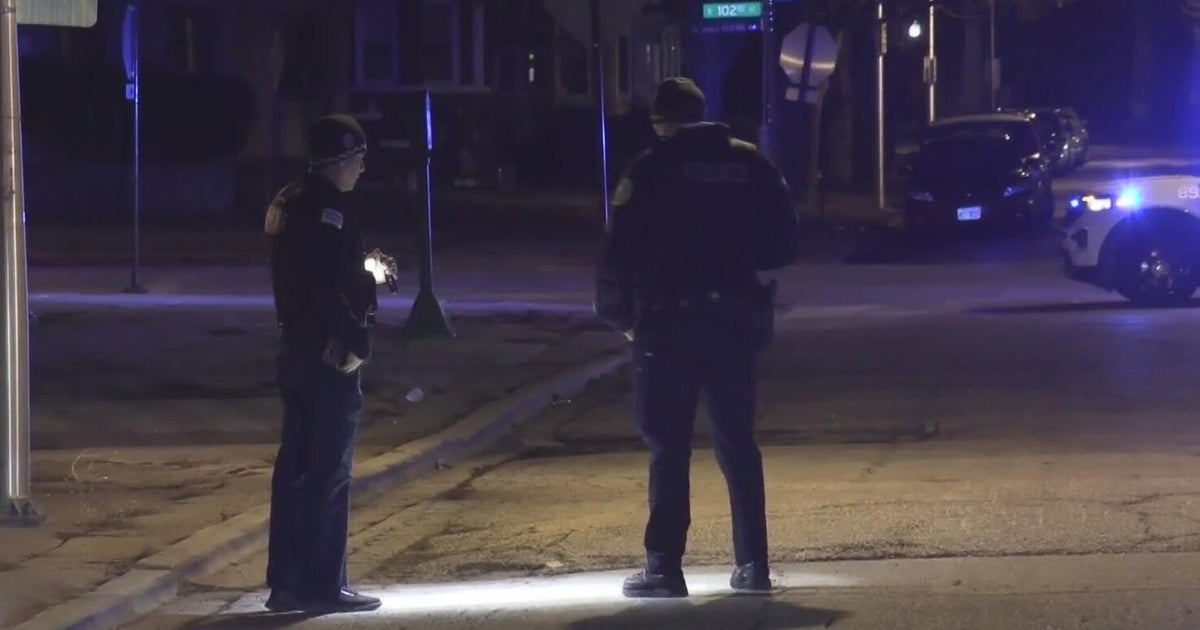Air Regulators Probing Dumping Of Ghost Ship Fire Debris
OAKLAND, Calif. (AP) — The top air quality regulator in the San Francisco Bay Area is investigating Friday why charred debris from an Oakland warehouse fire that killed 36 people was dumped along the shoreline.
Air quality enforcement director Wayne Kino said the material should not have been dumped in an open field owned by the city, the East Bay Times reported.
Continuing Coverage: Deadly Oakland Warehouse Fire
"There has to be some reporting requirements, (but) at this point, we don't have any notifications from that site," Kino said.
The building could have had asbestos in the ceiling material, glue in the flooring, adhesives that use asbestos, or grout in the tiling, Kino said. They will not know the exact nature of the materials until the investigation is over.
If environmental violations are found, the city would be required to dispose of the material properly and could face fines, he said.
Three dozen people died in a blaze that broke out on Dec. 2 in the Ghost Ship warehouse, which was being used as an unpermitted residence and arts collective.
Everything from burned musical instruments, appliances, artwork and clothes was dumped on a path along the shoreline.
City spokesman Harry Hamilton said in an email that the city moved the debris from the Ghost Ship warehouse to two separate locations to "facilitate the needs of emergency services." He did not elaborate.
With 11 inches of rain recorded in the area over the last six weeks, debris could also be harmful to the nearby bay, one environmental leader said.
"Unless it's a completely contained site, runoff from it drains somewhere," said David Lewis, executive director of Save the Bay. "Runoff close to the bay almost definitely drains into the bay or to a creek."
The Alameda County District Attorney's Office continues to investigate the fire, but the charred debris is not evidence, spokeswoman Teresa Drenick said.
Still, one expert questioned the logic of leaving massive amounts of materials from the fire exposed to the elements in the vacant lot.
"You are supposed to keep track of this stuff so if later on there's consideration that something in there might be evidence in how the fire started or what killed somebody you can go back to that pile and take a look," said John DeHaan, an independent fire investigator and former criminalist focused on fire and explosion evidence. "None of that will be defensible anymore as evidence."
